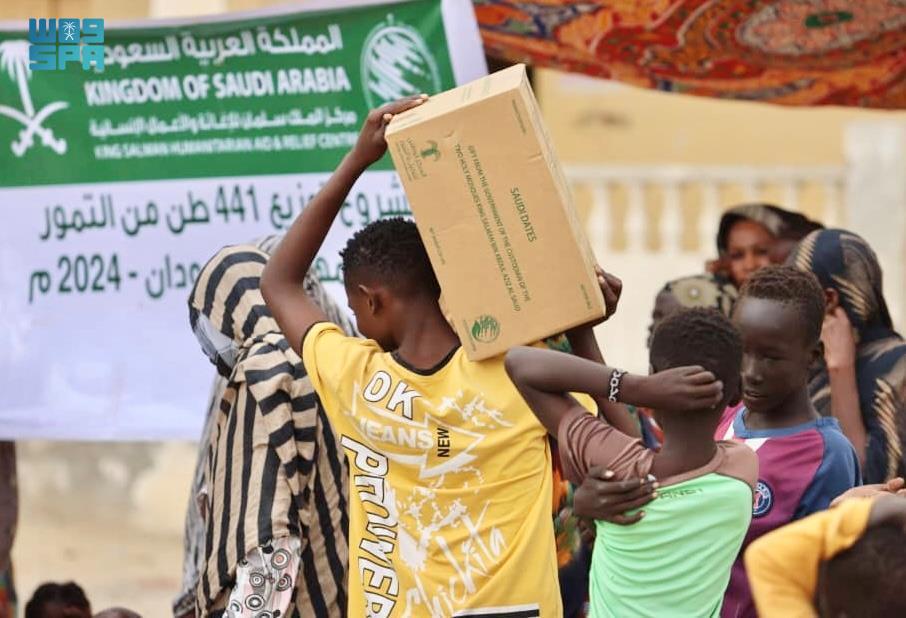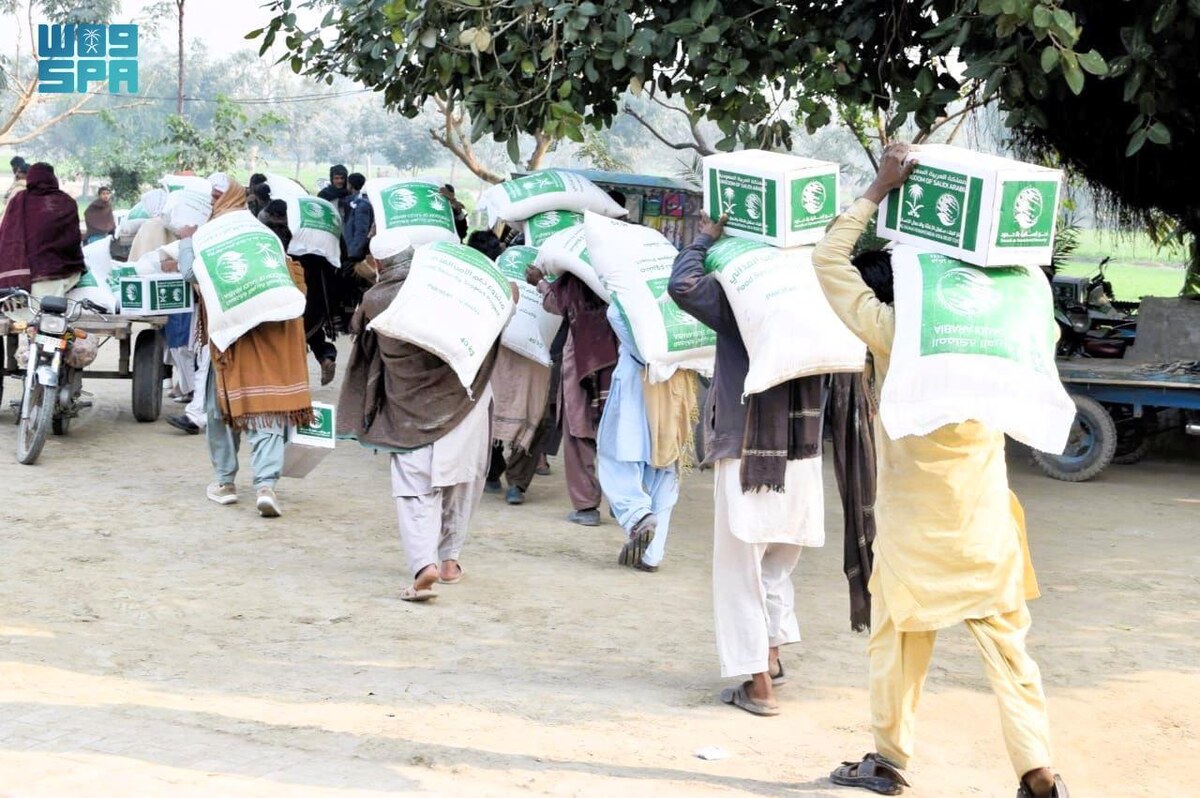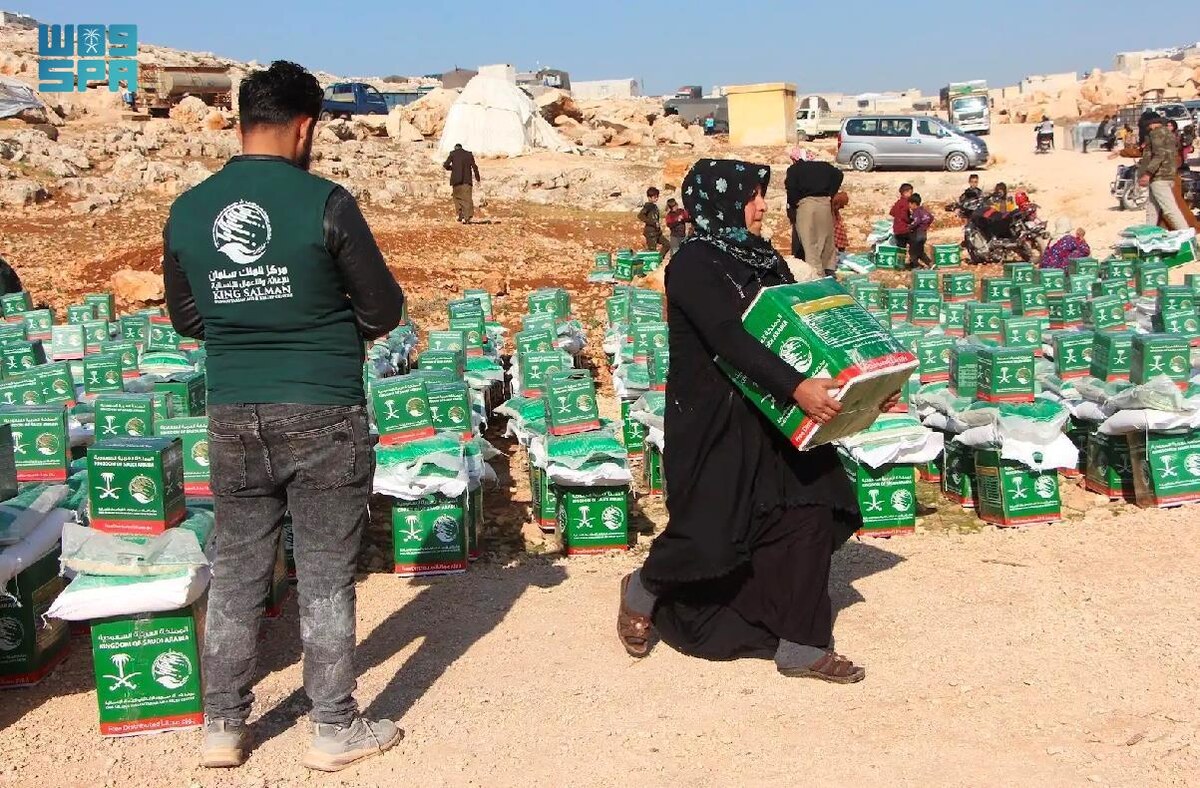Major modifications will be made to the Saudi Payment Network System (SPAN) in 2015 to increase efficiency and reduce costs for banks, merchants and consumers, and counter the smuggling of cash. It would eventually also allow for withdrawals at point-of-sale (POS) terminals, and getting money from ATMs without cards.
The new system, to be renamed Mada, will connect ATMs and POS terminals throughout the country to a central payment switch that in turn re-routes the financial transactions between banks of merchants and customers.
The Saudi Arabian Monetary Agency is now testing the system. Sources indicate that it would create changes in consumer culture, including serving as an incentive to save by reducing the usage of cash, and encouraging greater spending via bank cards.
The new system will include additional services for customers, which will be implemented gradually over the coming years. These include the possibility of withdrawing from ATMs without a card, obtaining prepaid cards loaded with amounts as per clients’ request, facilitating electronic payments for purchasing tickets, and cash-back options from tellers and shops to reduce pressure on ATMs.
The system will also permit the transfer of funds to customers outside the Kingdom who carry the same type of cards, without the deduction of transfer fees. It will also allow transfers to accounts at other banks, and better verification of the income of businesses to impose fees or taxes more systematically.
Sources indicate the system will help reduce costs on banks and shops, given the significant amount of electronic trading, as well as facilitate buying, selling, and transfer of funds within and outside the Kingdom. There will be no limits on the number of times ATM cards can be used, and no usage, annual, or balance inquiry fees.
New e-payment system to cut costs, cash smuggling
New e-payment system to cut costs, cash smuggling

Saudi project clears 3,174 Houthi mines in Yemen

RIYADH: Members of Saudi Arabia’s Project Masam removed 3,174 explosive devices from various regions of Yemen last week.
The total included three anti-personnel mines, seven anti-tank mines and 3,164 unexploded ordnances, according to a recent report.
Ousama Al-Gosaibi, the initiative’s managing director, said a total of 476,432 mines had been cleared since its inception in 2018.
The explosives were planted indiscriminately and posed a threat to civilians, including children, women and the elderly.
The demining operations took place in Marib, Aden, Jouf, Shabwa, Taiz, Hodeidah, Lahij, Sanaa, Al-Bayda, Al-Dhale and Saada.
The initiative trains local demining engineers and provides them with modern equipment. It also offers support to Yemenis injured by the devices.
Teams are tasked with clearing villages, roads and schools to facilitate safe movement for civilians and the delivery of humanitarian aid.
About 5 million people have been forced to flee their homes since the start of the conflict in Yemen, many of them displaced by the presence of land mines.
Baha festival set to launch with 280 activities

RIYADH: Preparations are complete for the start of the Baha Winter Festival. More than 67 parks and gardens, some 14 sports, and health walkways are ready to welcome visitors and residents, according to the Saudi Press Agency.
The festival will boast a diverse lineup of activities and attractions across the Tihama governorates, including Al-Makhwah, Qilwah, Al-Hijrah, and Ghamid Al-Zinad, highlighting the region’s cultural, historic, and natural treasures.
Ali bin Mohammed Al-Sawat, the secretary of the Baha region and chairman of the festival’s executive committee, said the event will offer more than 280 recreational, cultural, sports, and social activities for all age groups and interests.
Al-Sawat spoke of Tihama’s unique climate and environmental diversity, stretching from the Red Sea coast to the peaks of the Sarawat Mountains.
The region’s valleys, green plains, and majestic Shada Mountain provide breathtaking views and a peaceful escape for visitors, he said.
With a variety of restaurants, cafes, and shopping destinations, the area has become a prime attraction for tourists seeking to enjoy the winter season in the Kingdom, the SPA added.
With its rich cultural heritage, natural beauty, and diverse activities, the Baha Winter Festival promises an unforgettable experience for all attendees.
Global sculptors to transform Riyadh’s landscape

- Artists from 23 countries will shape city’s cultural legacy using local stone
RIYADH: The Riyadh Art program has announced the participating artists for the Tuwaiq International Sculpture Symposium, the Saudi Press Agency reported.
The event, scheduled to take place at ROSHN Waterfront, will run from Jan. 15 to Feb. 8, 2025, under the theme “From Then to Now.”
Using stone sourced from the Tuwaiq area, the completed pieces will be displayed around the city from Feb. 12 to 24 as part of the Kingdom’s national public art initiative.
A flagship project of Riyadh Art, launched on March 19, 2019, the Tuwaiq International Sculpture Symposium seeks to foster artistic and cultural exchange through community partnerships, workshops, panel discussions and other activities.
It also aims to integrate artistic practices into Riyadh’s cultural landscape, according to the SPA.
The registration period for the symposium’s sixth edition drew significant global interest, with more than 750 applications submitted from 80 countries.
An independent committee of art and sculpture experts evaluated the submissions, ultimately selecting 30 artists from 23 countries to create public art sculptures using locally sourced stone, further enriching Riyadh’s cultural fabric.
The 2025 symposium will be curated by architect and artist Sebastian Betancur-Montoya and sculpture specialist Manal Al-Harbi.
Betancur-Montoya said: “We celebrate the constant challenges faced by artists this year. These challenges are a major source of inspiration, allowing everyone to create a legacy that bridges the past, present, and future in innovative and humane ways.”
The symposium has had more than 120 local and international artists participate over the past five years. It mirrors Riyadh Art’s public initiative that works to enhance the city’s cultural landscape through art, and which has now housed more than 1,000 public art pieces in neighborhoods, parks and other spaces.
Study reveals rich predator diversity in Saudi Arabia’s habitats

RIYADH: The National Center for Wildlife published a study titled “Predator Diversity and Conservation in Saudi Arabia” in the journal Diversity, documenting 14 predator species across six families in the Kingdom.
Using camera trap technology, the center recorded 4,787 nights of footage from 58 predator habitats, gathering data on species diversity, diet, distribution, threats, and habitat characteristics, according to the Saudi Press Agency.
The red fox was the most frequently observed species, recorded in 15 ecological sites, followed by the striped hyena, seen in 13 sites, with the highest number in the Raidah Protected Area in Asir.
The Arabian wolf was also widespread, while the honey badger was the least frequently observed, SPA reported.
The study confirmed that Saudi Arabia’s habitats, especially in the southwestern regions of Asir, Jazan, the Najran highlands, and the Sarawat Mountains, support diverse predator species. The sand cat and sand fox were also noted in desert ecosystems.
The research highlighted significant threats to predators, including killing, poisoning, trafficking, and habitat loss, according to SPA.
CEO of the National Center for Wildlife Mohammed Ali Qurban emphasized the need for further research to better understand the species’ lives, habitats and genetic traits.
“This will enrich our scientific knowledge, enhance the effectiveness of habitat rehabilitation and conservation plans, and positively impact the protection of biodiversity for these wild animals in their natural habitats,” he said.
KSrelief continues food aid projects globally

RIYADH: KSrelief, Saudi Arabia’s aid agency, continues to provide food assistance to vulnerable populations in several countries.
KSrelief distributed 500 cartons of dates on Thursday in the Red Sea State of Sudan, benefiting 5,162 individuals from displaced families.

The agency also handed out 175,000 bags of bread to needy families, including Syrians, Palestinians and members of the host community in northern Lebanon.
This initiative benefited 125,000 individuals.
In Pakistan, KSrelief has distributed 2,300 food boxes in flood-affected areas of Punjab and Khyber Pakhtunkhwa provinces, benefiting 14,227 individuals.

In Syria’s earthquake-hit regions, KSrelief has distributed 747 food parcels and 747 hygiene kits to affected families in Al-Dana of the Idlib Governorate.
The aid, which benefited 4,482 individuals, is part of a continuing project that supports people affected by the recent earthquake in northern Syria.


















